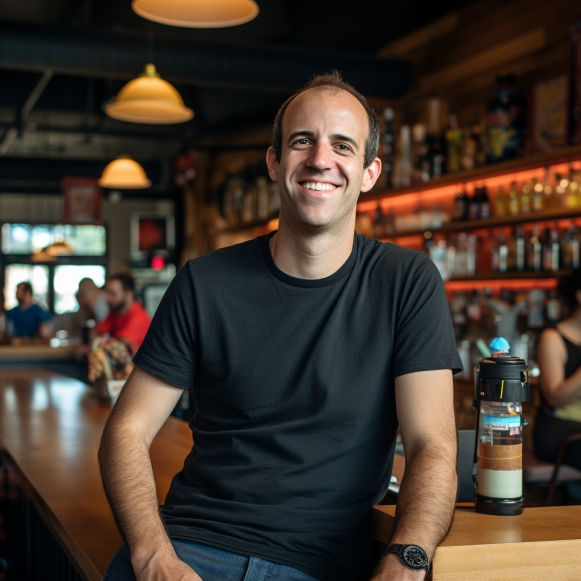Keith Rabois’ startup OpenStore is launching a new program to boost Shopify merchants who aren’t big enough to sell their stores yet

- Keith Rabois’ OpenStore is launching a new accelerator program for Shopify merchants.
- A cohort of five merchants will be chosen to participate in a 10-week program with OpenStore.
- It’s the Shopify aggregator’s third offering to sellers.
Keith Rabois’ Shopify aggregator startup, OpenStore, is launching a new offering for Shopify merchants.
The new program, OpenStore Boost, is an accelerator for Shopify merchants with annual net sales of $50,000 to $500,000. Starting Wednesday, merchants can apply for the program, and those who are accepted will have a custom iOS app built for their brand by OpenStore.
From that pool of accepted applicants, OpenStore will select a cohort of five merchants to participate in a 10-week program to optimize their marketing strategy, including assistance with ad creative and custom insights reports. OpenStore charges a fee equal to “a small percentage of net sales” to cover costs.
Rabois, a venture capitalist who invested early in DoorDash, Affirm, Stripe, and Faire, told Insider that one of the most important realizations he’s had while running OpenStore is that the majority of Shopify stores are actually quite small businesses. According to OpenStore, 85% of Shopify’s roughly two million merchants earn less than $50,000 per year.
“Many people who start a Shopify store want to grow their business and make a decent living, and we’re going to give them the tools and opportunity,” Rabois said.
Boost is the third product that OpenStore has developed for Shopify sellers.
Rabois and his cofounders — Atomic founder Jack Abraham, Opendoor engineering leader Matt Lanter, and Google engineering leader Jeremy Wood — launched OpenStore in 2021 with the goal of acquiring Shopify brands and improving their operations to increase profitability.
Since then, the company has launched OpenStore Drive, which allows Shopify merchants to delegate day-to-day operations while maintaining full ownership of the business. In exchange, OpenStore charges a management fee.
While the majority of the stores OpenStore acquires have annual sales of $1 million to $10 million, OpenStore Boost is a way to serve merchants with lower sales by employing many of the same strategies as its other brands, according to Rabois.
“These are smaller brands, but if we can help them grow, they’ll be ideal for acquisition down the road whenever the brand owner wants liquidity,” he said.
Interested business owners would connect their Shopify and advertising accounts directly to OpenStore’s technology, as with previous OpenStore offerings. OpenStore would then use its data analytics tools to zero in on the most promising brands. Shopify merchants can apply for the program until September 17th.
‘Not everyone wants to sell their business right away’
OpenStore currently has about 50 brands in its portfolio, which includes both Shopify stores that it has acquired and those that it operates through Drive.
According to Rabois, the majority of OpenStore’s new brands this year have come from Drive rather than its main acquisition product.
“Not everyone wants to sell their company right away.” “It’s a little like selling your baby,” he explained. “At some point, you might sell your baby, but there are a lot of emotions involved.” Drive is a very practical, utilitarian decision that says, “I don’t want to sweat all the time, I need to get off this treadmill, but I need money.”
OpenStore launched a website in June where customers can browse products from all of its brands. According to Rabois, the website is a “alpha version” of a marketplace that the company plans to launch soon.
“We need to generate awareness, so having a storefront that surfaces all of our cool, interesting products allows us to get new customers in a cost-effective way,” he explained.
Custom apps have also emerged as an important component of OpenStore’s overall strategy. So far, it has created 27 apps for its brands. Gumdrop, an app that connects brands and content creators, was also launched.
Apps are important to the company, according to Rabois, because today’s consumers primarily shop on mobile and expect their favorite brands to have an app.
“There’s a reason why basically every important company in the history of technology has an app,” Rabois explained. “It’s like a real-world remote control.” If you don’t have an iOS app, you’re wasting between 20% and 80% of your potential.”






